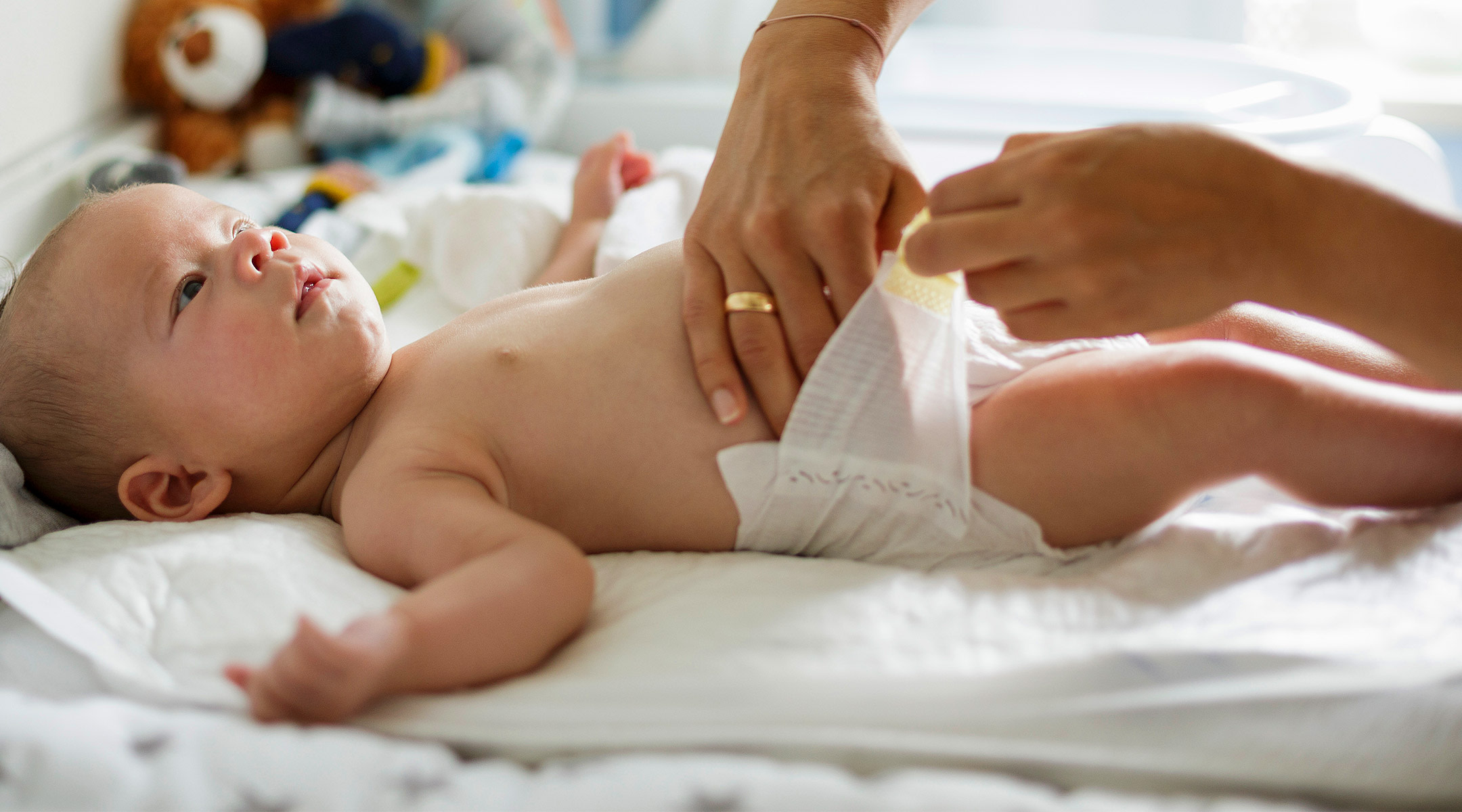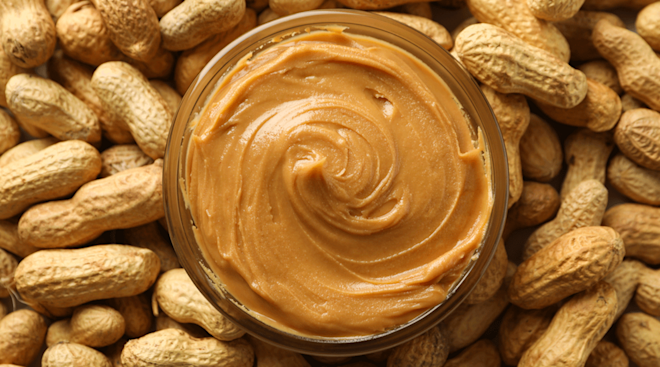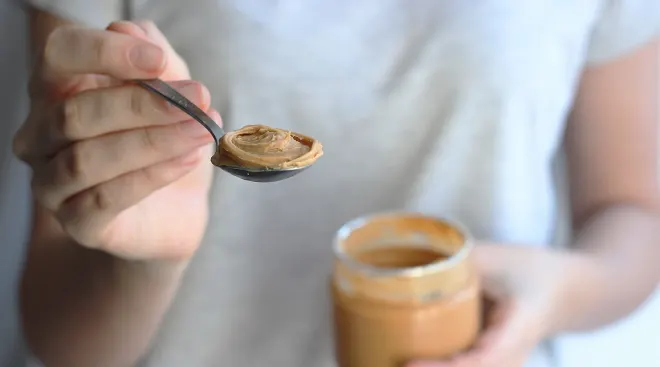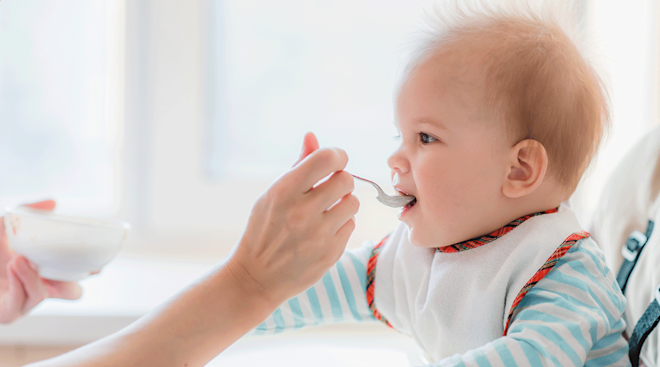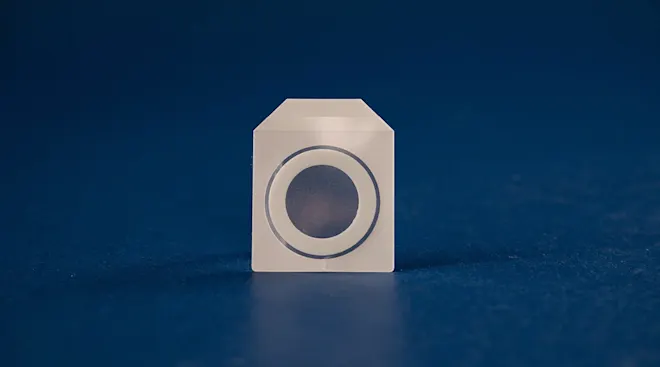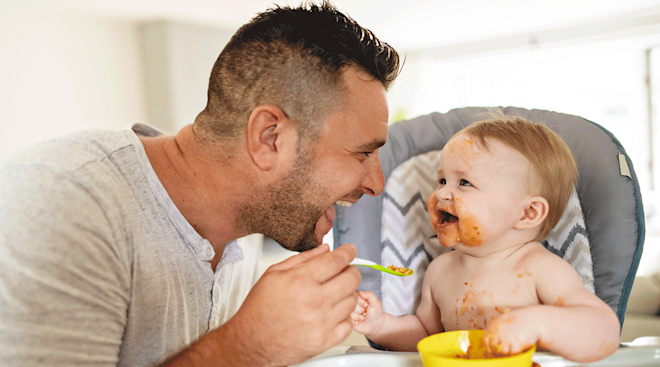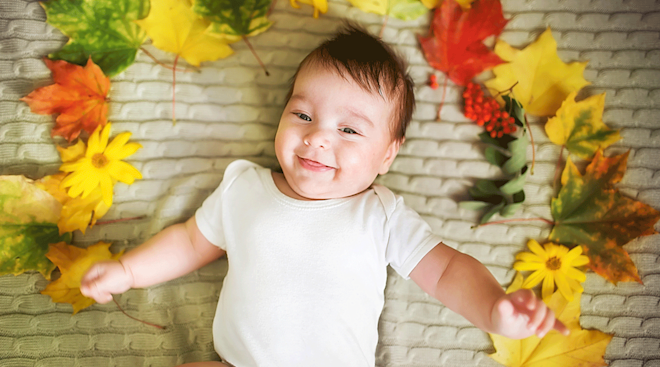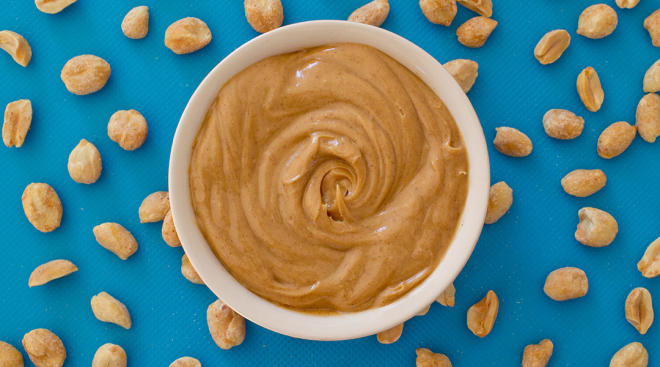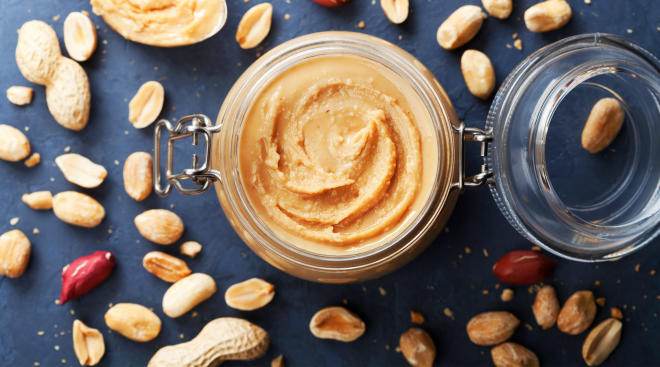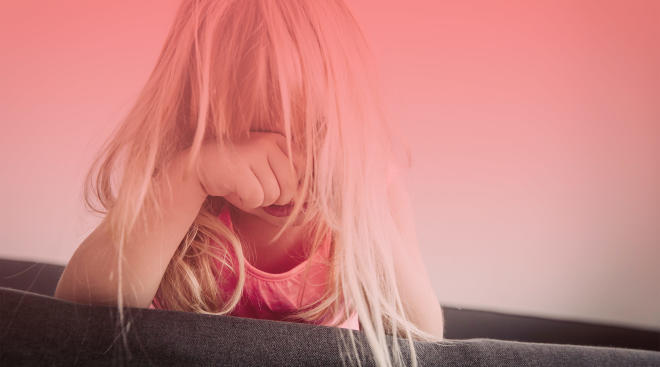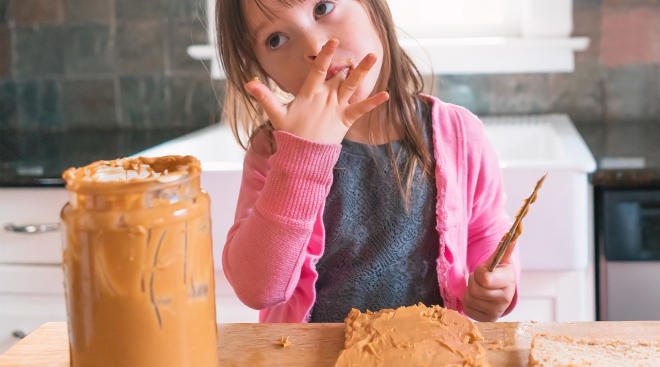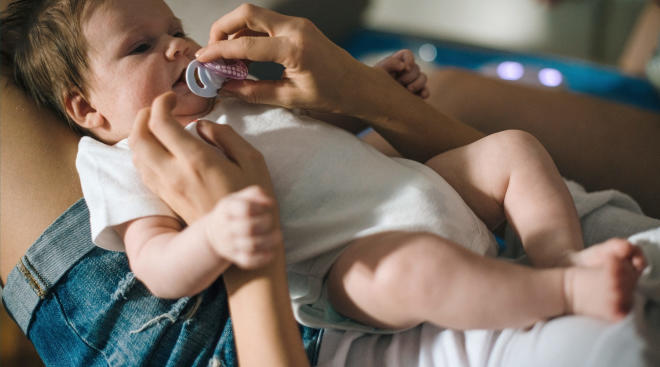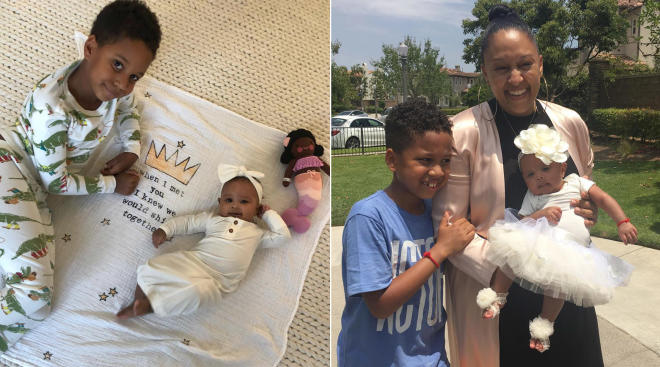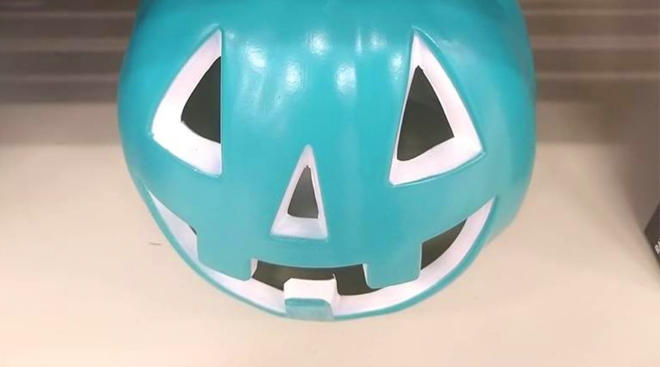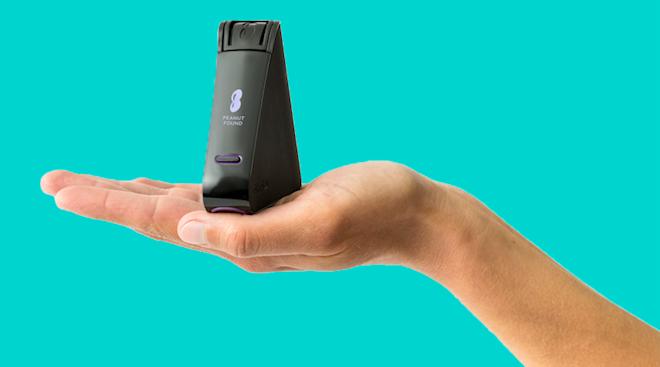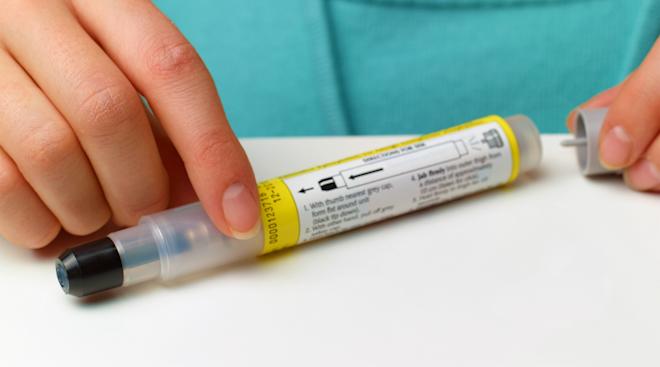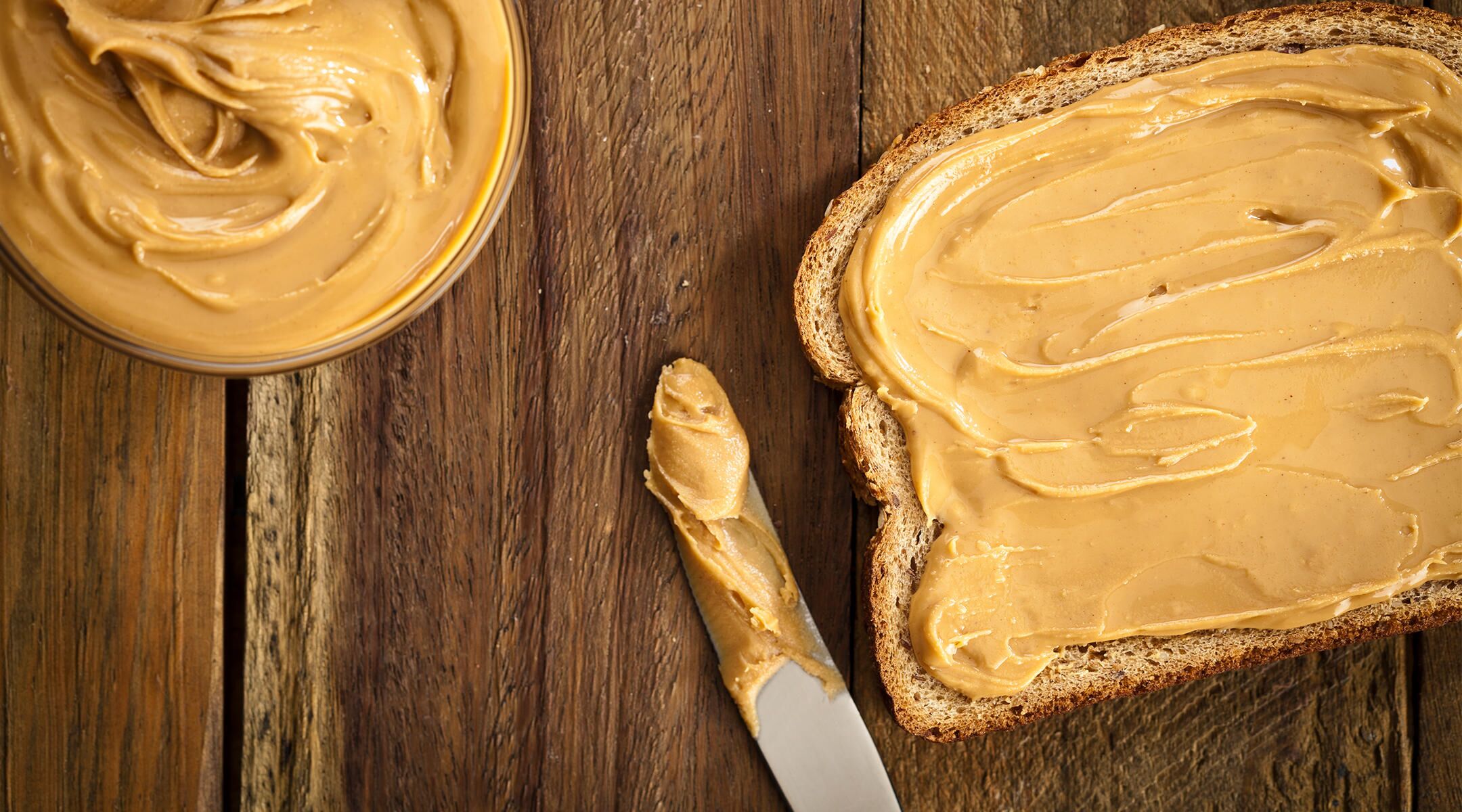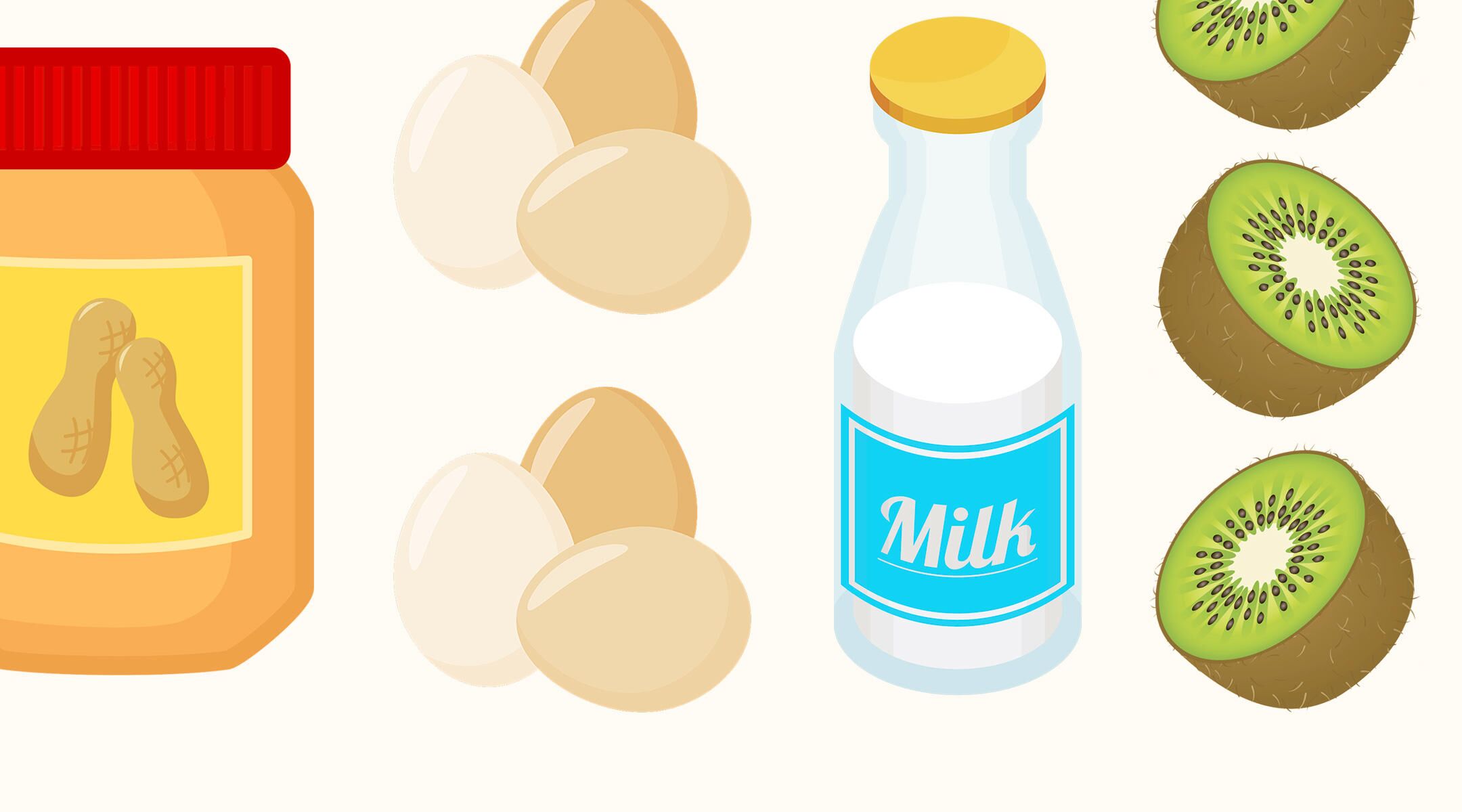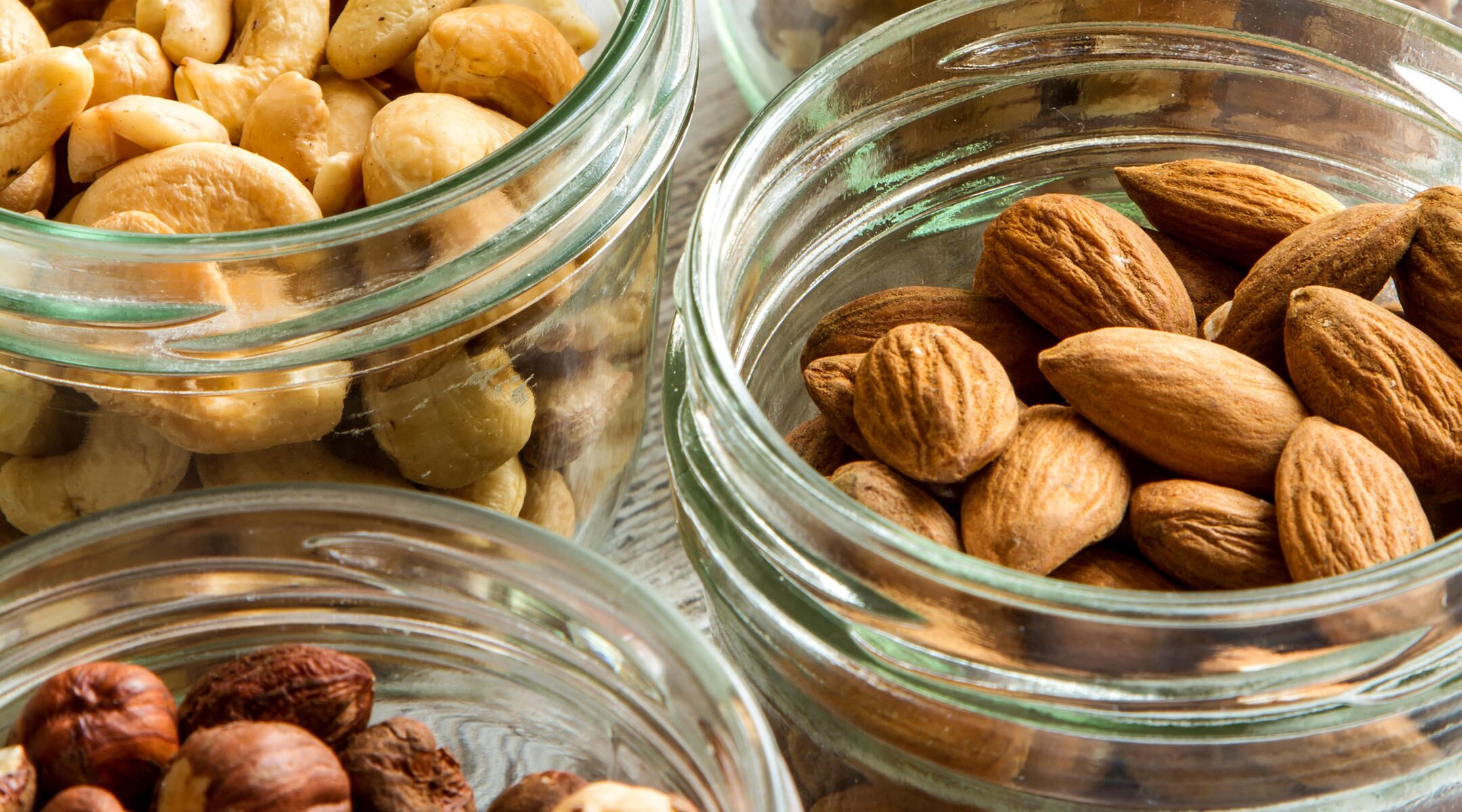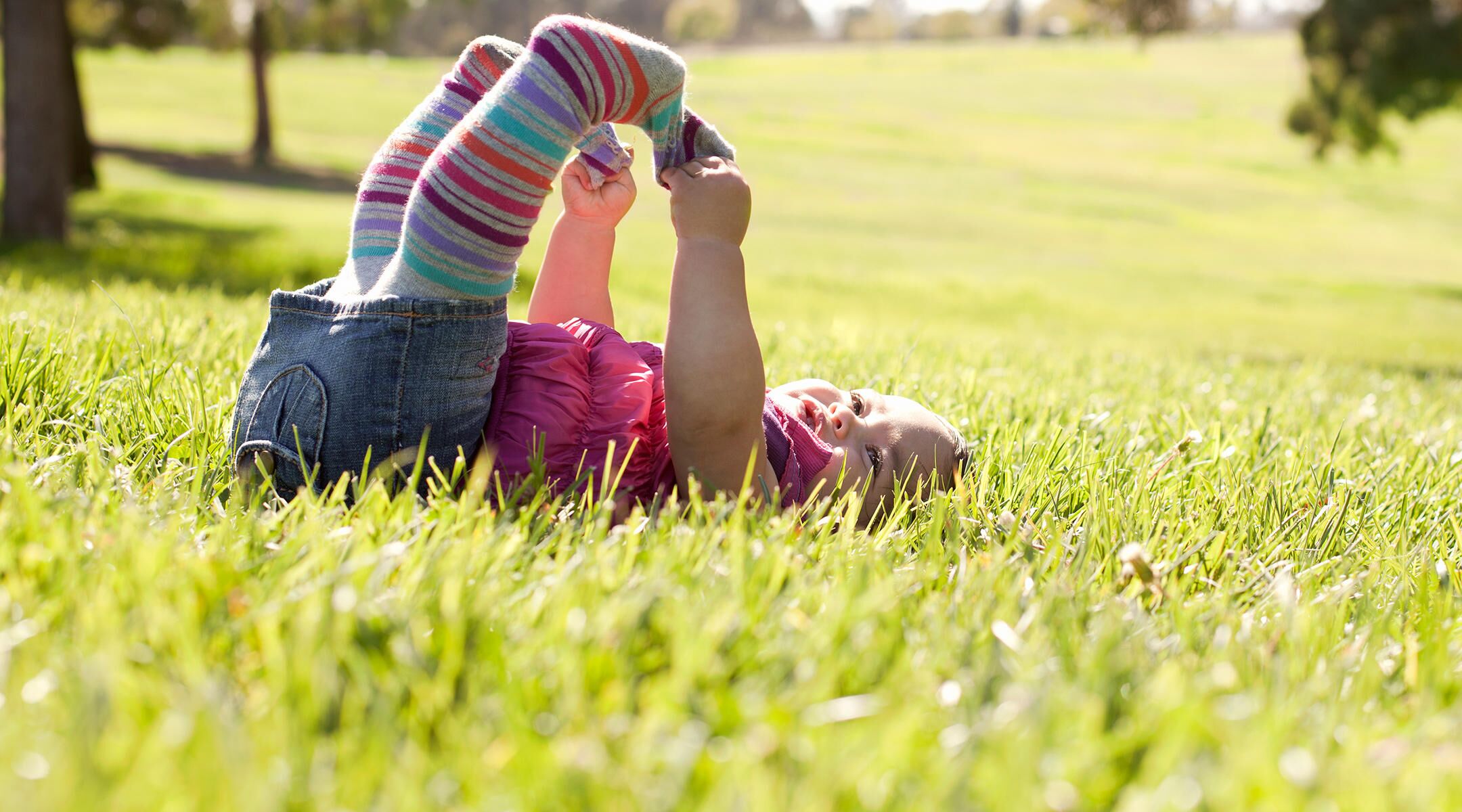Overusing Baby Wipes Is 'a Recipe for Developing Food Allergy,' Study Finds
Food allergies in kids are on the rise, but nobody has a clear answer as to why. That’s why a groundbreaking new study published today in the Journal of Allergy and Clinical Immunology is making waves for its bold claim: Using baby wipes too frequently can contribute to allergy development.
According to the study, even though infants are breastfed or formula-fed and aren’t given highly allergenic foods, they are still exposed to various allergens through their skin.
“I thought about what are babies exposed to," says lead study author Joan Cook-Mills, a professor of allergy-immunology at Northwestern University Feinberg School of Medicine. "They are exposed to environmental allergens in dust in a home. They may not be eating food allergens as a newborn, but they are getting them on their skin. Say a sibling with peanut butter on her face kisses the baby. Or a parent is preparing food with peanuts and then handles the baby.”
When this exposure combines with certain skin issues, researchers think infants become much more susceptible to food allergies. And the fact that 35 percent of kids with food allergies have eczema is proving their point. Specifically, researchers say changes in proteins in the skin reduce its protective barriers. This can be the result of genetics, and/or some other, external factor disrupting your skin barrier.
“I thought oh my gosh! That’s infant wipes!” Cook-Mills says.
She found the soap in wipes disrupts the barrier on the top layer of skin, which is made up of lipids.
Still with us? Ultimately, a confluence of factors contribute to baby developing a food allergy:
-
Genetics that alter skin absorbency
-
Skin exposure to allergens in dust
-
Skin exposure to food from anyone handling an infant
-
The use of infant wipes that leave soap on the skin
“This is a recipe for developing food allergy,” Cook-Mills says. "It’s a major advance in our understanding of how food allergy starts early in life.”
But what are you supposed to do about it? You can’t change baby’s genetics—are you supposed to stop using wipes? Cook-Mills says you can reduce baby’s allergy risk if you “limit use of infant wipes that leave soap on the skin [and] rinse soap off with water like we used to do years ago.”
Additionally, you can avoid the wipe ingredient that’s the main culprit, called sodium lauryl sulphate (SLS). SLS the substance that causes wipes—and other beauty or cleaning products—to foam. While it’s derived from coconuts, it becomes potentially hazardous after its manufacturing process.
It’s not too hard to find wipes that don’t use it, including well-known names like WaterWipes, The Honest Company, Babyganics and our Best of Baby-winning Parasol wipes.
If there’s another brand you’d like to try, make sure you’re vigilant when reading the ingredient label: SLS may be listed under other names and forms, including sodium dodecyl sulfate, sulfuric acid, sodium salt and aquarex methyl.
“If I had a baby today, I would go the wipe route and use Huggies Natural Care Wipes or Huggies Simply Clean Wipes from Kimberly Clark,” says dermatologist Sandy Skotnicki, MD, FRCPC, who literally wrote the book on the topic: Beyond Soap. “Neither uses fragrances or a preservative called methylisothiazolinone (MI), but they do have vitamin E and coco-glucoside, which in rare cases can cause allergic reactions.”
Skotnicki’s main advice? “Leave baby skin alone.” She says unless baby has a rash, there’s really no need to apply the many, many creams and lotions marketed to new parents. But she adds that “if you have a family history of atopy—in particular atopic eczema—studies have shown daily preventative moisturization for the first 6 months can help prevent the development of atopic eczema in your child, as well as asthma and allergies.”
Please note: The Bump and the materials and information it contains are not intended to, and do not constitute, medical or other health advice or diagnosis and should not be used as such. You should always consult with a qualified physician or health professional about your specific circumstances.
Navigate forward to interact with the calendar and select a date. Press the question mark key to get the keyboard shortcuts for changing dates.
































